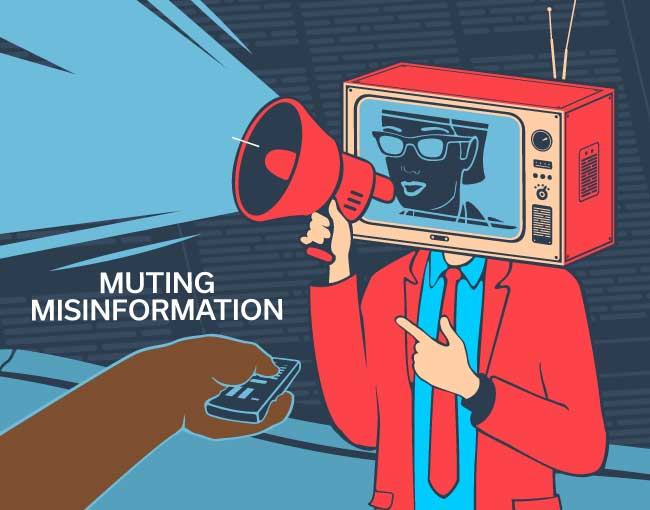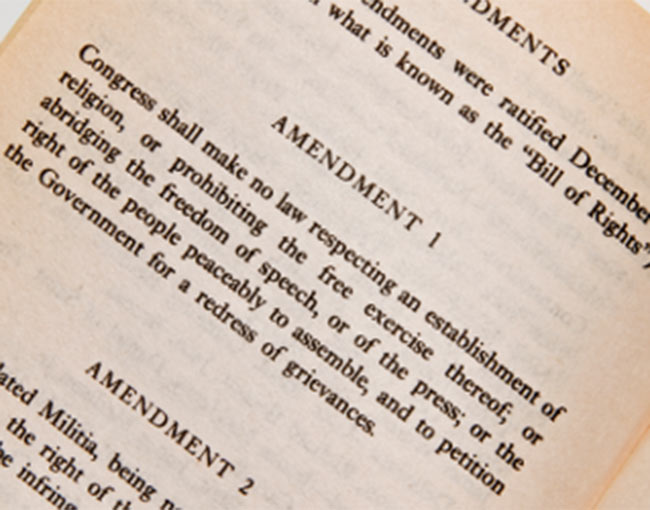
In Part 3 of our series on political misinformation, we explore if new Internet legislation passed by governments could be used to prevent the spread of misinformation. READ MORE
(By accessing, browsing or using the pages below, you agree to the Blog Conditions of Use/Disclaimer available under "Links.")

In Part 3 of our series on political misinformation, we explore if new Internet legislation passed by governments could be used to prevent the spread of misinformation. READ MORE

In a case addressing the constitutionality of an Illinois statute covering intentional non-consensual dissemination of private sexual images, the state Supreme Court has shed light on how technology-based crimes may be addressed and litigated in an era where courts have little experience in addressing this type of crime. READ MORE

Drawing the line between protected speech and unprotected action is one of the oldest issues under the First Amendment. Recent cases involving social media postings are bringing the issue into the 21st century. READ MORE

Most efforts to prevent or penalize Internet comments and criticism are crushed in the court of public opinion even before they reach the courthouse. READ MORE

Continued publication of old information, particularly as to private persons, raises some ethical concerns. READ MORE

The two cases addressed by the Illinois court highlighted a major problem with strict-liability two-party consent eavesdropping laws — they criminalize citizen recordings of their interactions with police and other government officials. READ MORE

Even as advertising starts to look more like journalism, there’s one thing that ads certainly share with news content: First Amendment protection. READ MORE

Facebook communications have become the newest testing ground for free speech. And the results, at least from two recent and notable cases, affirm the unusual and perhaps counterintuitive way that U.S law looks at a key threshold question: What is speech? READ MORE
NOTICE.
Although we would like to hear from you, we cannot represent you until we know that
doing so will not create a conflict of interest. Also, we cannot treat unsolicited
information as confidential. Accordingly, please do not send us any information
about any matter that may involve you until you receive a written statement from
us that we represent you (an ‘engagement letter’).
By clicking the ‘ACCEPT’ button, you agree that we may review any information you transmit to us. You recognize that our review of your information, even if you submitted it in a good faith effort to retain us, and, further, even if you consider it confidential, does not preclude us from representing another client directly adverse to you, even in a matter where that information could and will be used against you. Please click the ‘ACCEPT’ button if you understand and accept the foregoing statement and wish to proceed.